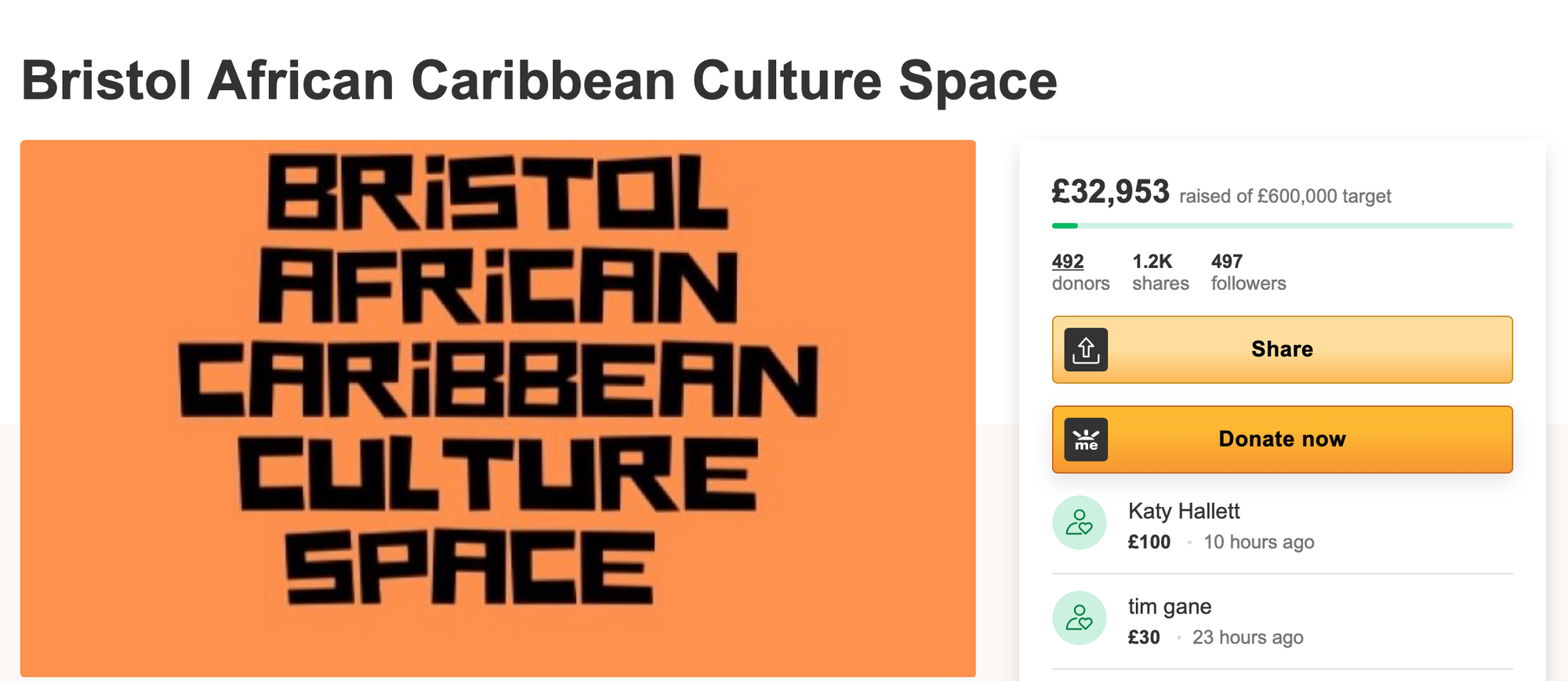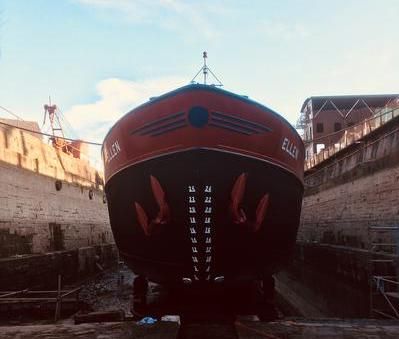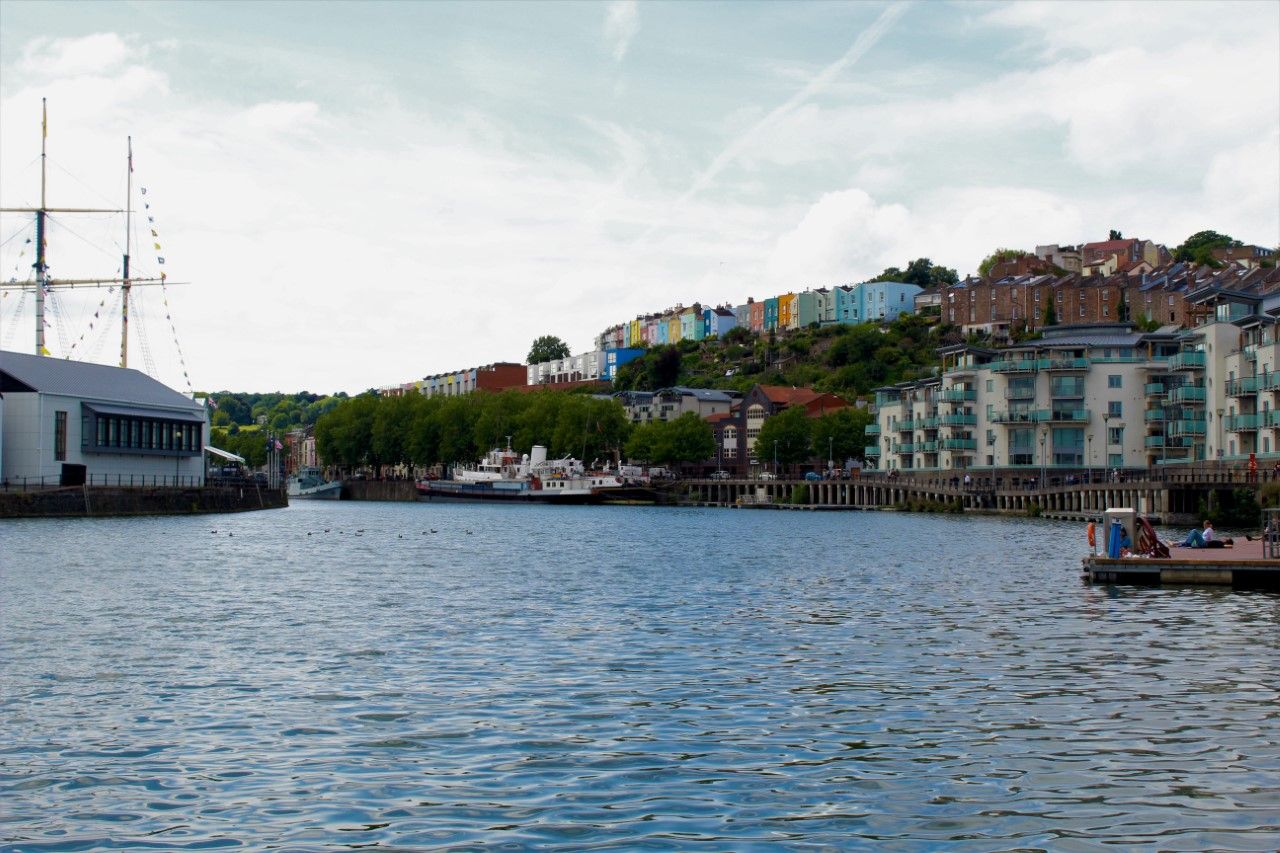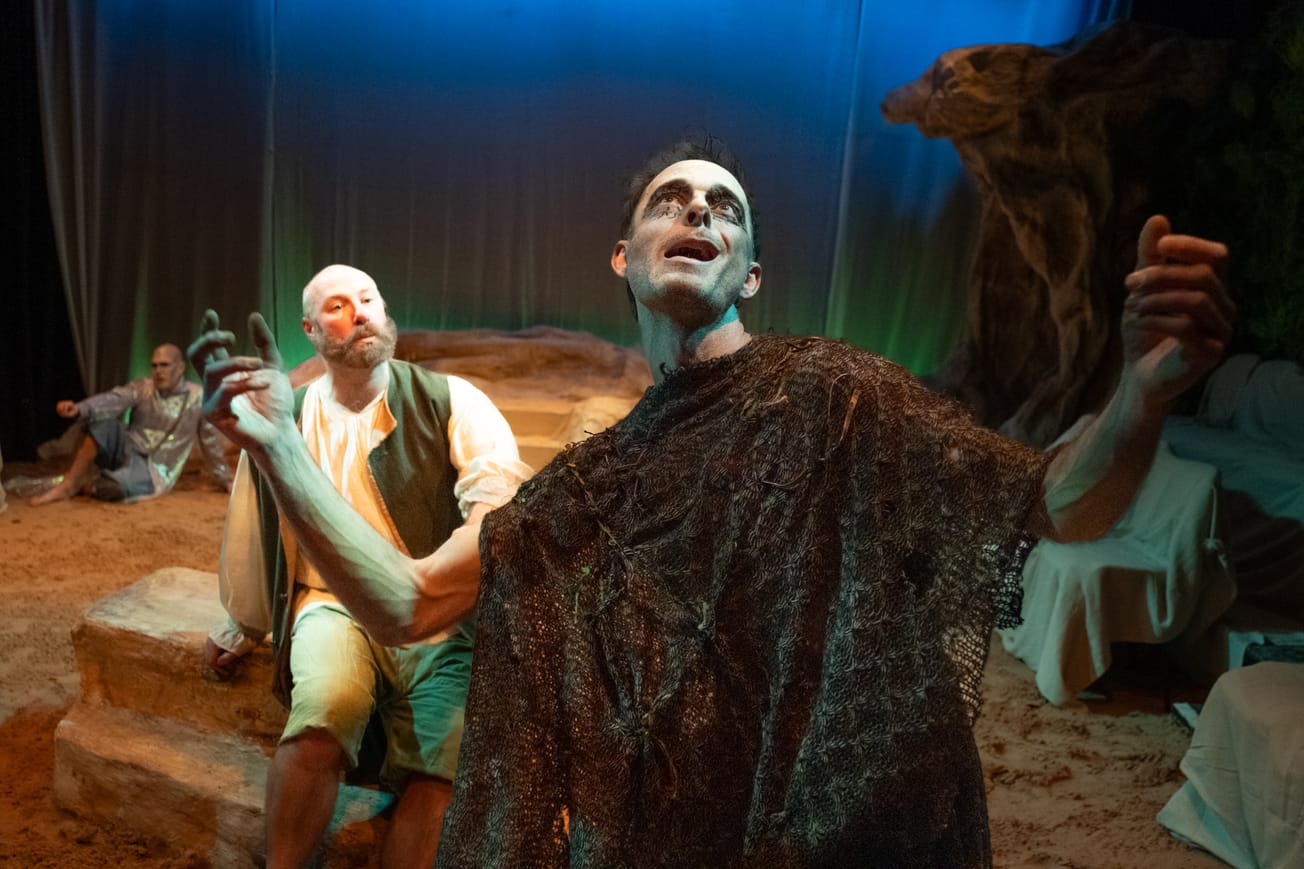By Katie Chalk, Deputy Arts Editor
A new Harbourside venue dedicated to providing a cultural and artistic space for Bristol’s Black community is in development by two Bristol-based creatives.
Dr Mena Fombo and Michael Jenkins, who are also behind Blak Wave, the only black-owned TV production company in the South West, had been working on the idea of a ‘Black Arts Barge’ for months, but have decided to announce their plans early as a result of the recent Bristol Black Lives Matter protests.
Having both grown up in Bristol, the plan is more than just a business venture for the pair, as Jenkins recounts, ‘Growing up in the city, I’ve always heard really negative things about the harbour, and of course there’s a lot of negativity when it comes to some of its history… we don’t engage in that part of the city, so we wanted to create something where... we do have ownership in that space, which has such significant repercussions for people from the African and Carribean diaspora.’

This significance was recently highlighted by the tossing of the statue of Edward Colston into the harbour by Black Lives Matter protesters. Jenkins explains that their announcement in the aftermath of this event is an attempt to say ‘we understand what these waters mean.’ He goes on to say that they want to create something positive from the conversation around race in Bristol which Jenkins suggested can be toxic and ‘having a space like this will enable people to have that conversation’.
Colston statue torn down during Bristol Black Lives Matter protest
The fact it will be an entirely black-owned space is important, as Fombo explains, ‘there are, to our knowledge, no black-owned businesses on the harbour, and we aren’t represented in that part of the city, and that’s what we really wanted to address.’ This lack of black-owned commercial property in the city raises structural questions around the balance of power and wealth in Bristol and how this needs to be redistributed, she explains.
Their announcement in the aftermath of this event is an attempt to say ‘we understand what these waters mean’
Having found a suitable barge, Ellen, with planning permission to be docked next to the central, historic location of Pero’s Bridge, the plans for the venue currently include a cafe/bar area serving authentic African and Carribean food on the top deck, with the potential for outdoor seating.
Under current plans, the main arts space itself is to be located in the hold and would be suitable for a range of uses including hosting exhibitions, live performances and could serve as a venue for creative development with professional spaces such as meeting rooms and offices.

These, however, are just initial ideas. The duo are keen to emphasise their desire to co-design the venue, including deciding on an official name, with potential artists and users of the space as the next stages of development come around. As part of this, they have planned a number of consultations, including a community opinion survey and consultations with local black artists.
As Fombo emphasises, ‘It’s about the people, our communities and then talking to the wider communities of audiences, and co-creating this space so that we all have a sense of ownership over it.’
It takes a whole village to raise a child, it takes a whole community to buy a venue, it can take a whole country to make a monumental change like this > Mena Fombo
Jenkins agrees. ‘We really want the space to be a focal point for the harbour, because the African Caribbean community, the people, the diaspora have contributed so much to this city.’
Petitions launched to replace Colston statue with alternatives celebrating Bristol’s Black community
As well as being a location for the championing of black artists and a place to build networks, train and socialise, it is hoped that the barge will be a ‘world-class venue’ which will be innovative, green and accessible. Plans for cameras and digital streaming capabilities are also being considered to allow those who cannot attend the venue in person in a post-COVID world to still engage with its programming.
Whilst the project still has a long way to go before it can welcome its first audiences and is currently still rasing funds through a crowdfunder, students can still get involved through filling out the consulation, helping to shape the format of final plan.
As Fombo summarises, ‘It takes a whole village to raise a child, it takes a whole community to buy a venue, it can take a whole country to make a monumental change like this, for the arts sector, and for our city.'
More information on the venue, including links to donate to its crowdfunder and fill in the survey can be found here.
Featured image: Epigram / Lucy O'Neill
What would you like to see a Bristol black-owned arts space include?









